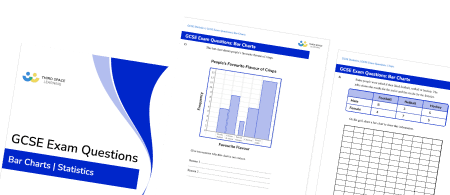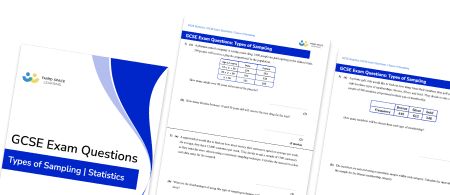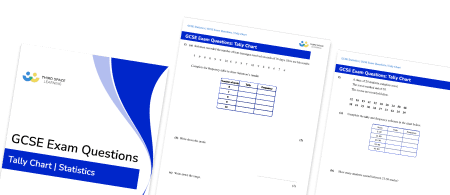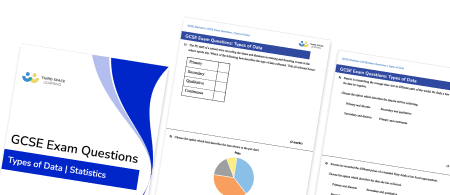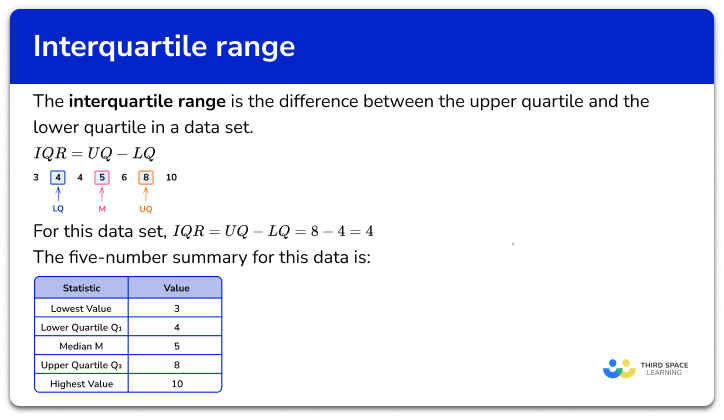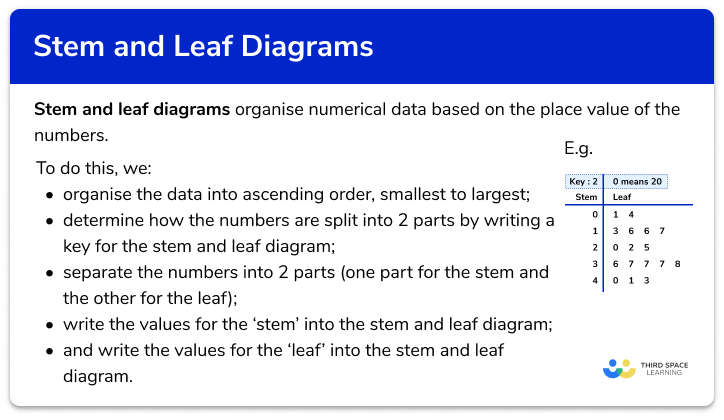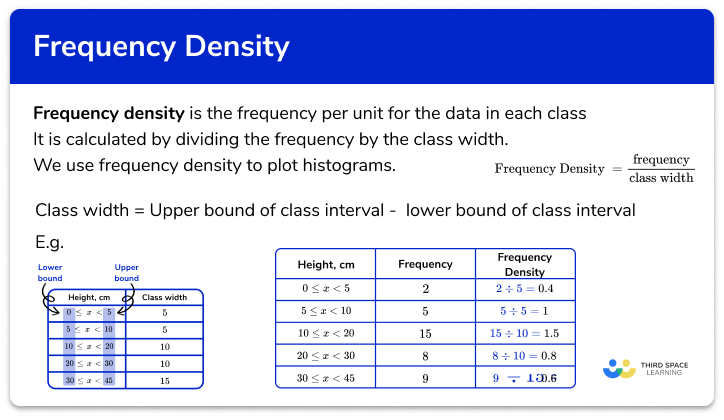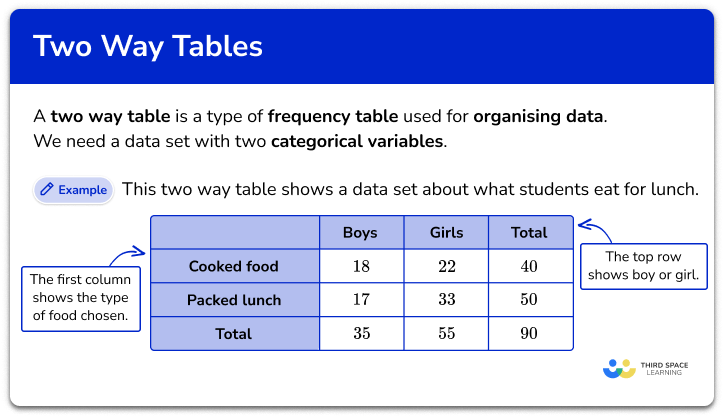FREE DOWNLOAD
Grouped Frequency Table Worksheet

Help your students prepare for their Maths GCSE with this free grouped frequency table worksheet of 20+ questions and answers
- Section 1 of the grouped frequency table worksheet contains 20+ skills-based grouped frequency table questions, in 3 groups to support differentiation
- Section 2 contains 3 applied grouped frequency table questions with a mix of worded problems and deeper problem solving questions
- Section 3 contains 3 foundation and higher level GCSE exam style practice questions including word problems
- Answers and a mark scheme for all exam questions are provided
- Questions follow variation theory with plenty of opportunities for students to work independently at their own level
- All questions are created by fully qualified expert secondary maths teachers
- Suitable for GCSE maths revision for AQA, OCR and Edexcel exam boards
- Free downloadable and printable resources
Unlock access to download your free resource
You can unsubscribe at any time (each email we send will contain an easy way to unsubscribe). To find out more about how we use your data, see our privacy policy.
Grouped frequency table at a glance
A grouped frequency table, or grouped frequency distribution, is a table where data is arranged into groups. Presenting data in a grouped way makes it easier to interpret the data but the data can lose its precision and accuracy.
The groups, or class intervals, are often denoted using inequalities. This is particularly useful for continuous data to prevent overlapping groups. For example, the classes for the age, a, of a number of students might be 10 ≤ a < 12, 12 ≤ a < 14, 14 ≤ a < 16, and 16 ≤a < 18.
When collecting data into the grouped categories, a tally frequency system is used with a total column to summarise the data that the table shows.
Although this worksheet does not cover averages from grouped data we can use the data in a table to work out averages:
- The modal class is the class with the highest frequency.
- The class which contains the median which is the class in which the middle value lies.
- To find the estimated mean, we multiply the midpoint of each class by its frequency, add these together and divide by the total number of items included in the table.
Looking forward, students can then progress to additional frequency table worksheets and other statistics worksheets, for example a line graph worksheet or mean, median mode and range worksheet.

For more teaching and learning support on Statistics our GCSE maths lessons provide step by step support for all GCSE maths concepts.
When you have students who require more intensive support, our one to one GCSE maths revision programme will match them with the most appropriate tutor. This way we can provide individual students with personalised programmes of study while you continue to teach the rest of your class as a whole group.
Our maths interventions are currently only available for GCSE students, and are not suitable for A level students.
Do you have students who need additional support to achieve their target GCSE maths grade?
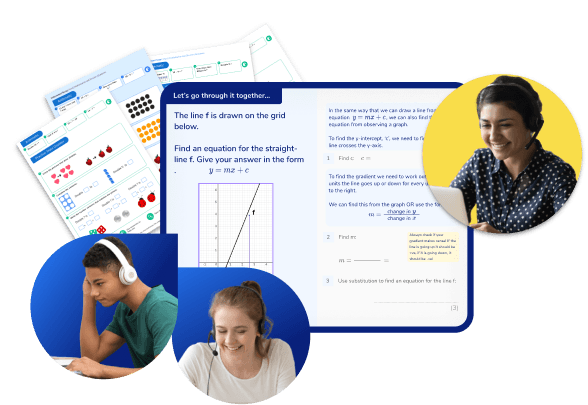
There will be students in your class who require individual attention to help them succeed in their maths GCSEs. In a class of 30, it’s not always easy to provide.
Help your students feel confident with exam-style questions and the strategies they’ll need to answer them correctly with personalised online one to one tutoring from Third Space Learning
Lessons are selected to provide support where each student needs it most, and specially-trained GCSE maths tutors adapt the pitch and pace of each lesson. This ensures a personalised revision programme that raises grades and boosts confidence.

